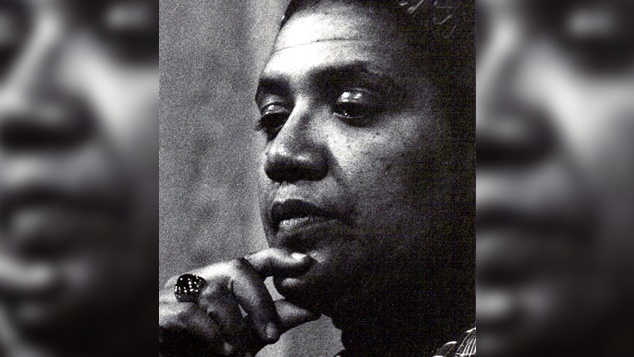Poet Audre Lorde was born on this day in 1934
Audre Lorde was a celebrated writer, poet, and activist who dedicated her life to promoting civil rights, gender equality, and social justice.
Born in New York City in 1934, Lorde grew up during a time of immense social change and turmoil, and she became a prominent voice in the feminist and civil rights movements of the 1960s and 1970s.
While Lorde’s work has been celebrated for its intersectional approach to issues of race, gender, and sexuality, her identity as a lesbian was often overlooked or marginalized during her lifetime. However, in recent years, there has been a renewed focus on the importance of Lorde’s sexuality as a key aspect of her life and work.
Lorde first began to explore her sexuality as a teenager, and she later described her experiences as a lesbian as central to her understanding of herself and her place in the world.
In her writing and activism, Lorde consistently challenged heteronormative assumptions and advocated for the rights of LGBTQ+ people.
Lorde’s relationship with her partner, Frances Clayton, was also an important aspect of her life. The two women met in the 1960s and remained together until Clayton’s death in 1986. Their relationship was a source of strength and inspiration for Lorde, and she often wrote about the challenges and joys of their life together.
Despite facing discrimination and marginalisation as a lesbian woman, Lorde remained committed to fighting for the rights of all marginalized people. In her famous essay The Master’s Tools Will Never Dismantle the Master’s House, Lorde argued that social justice movements must be inclusive of all people, regardless of their gender, sexuality, race, or other identity markers.
Lorde described herself as a “black, lesbian, feminist, socialist, mother, warrior, poet.” She wrote about her life in the highly personal book Zami: A New Spelling of My Name.
Throughout her life, Lorde continued to be a powerful voice for social justice and a beacon of hope for LGBTQ+ people around the world. Her work has had a lasting impact on feminist and queer theory, and her legacy continues to inspire activists and writers today.
She died Lorde of breast cancer at the age of 58 on November 17, 1992, on the Caribbean Island of St. Croix, where she had been living with Gloria Joseph. In an African naming ceremony before her death, she took the name Gamba Adisa, which means “Warrior: She Who Makes Her Meaning Known”.
This post was created with the assistance of A.I. technology. Image of Audre Lorde by photographer K. Kendell. Published via a Creative Commons (CC BY 2.0) license.
You can support our work by subscribing to our Patreon
or contributing to our GoFundMe campaign.








